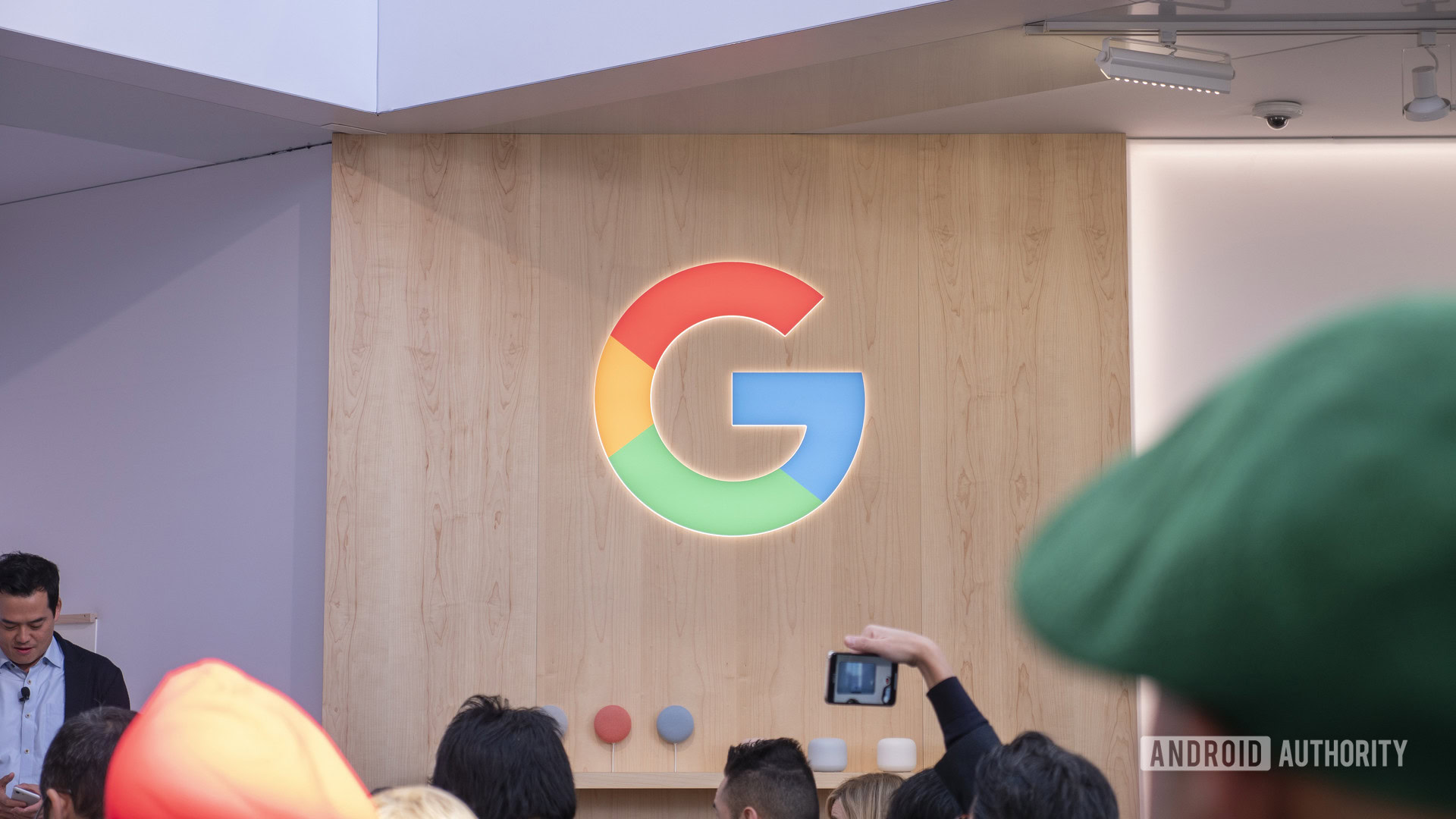Affiliate links on Android Authority may earn us a commission. Learn more.
It's official: Justice Department files antitrust lawsuit against Google

- The United States Department of Justice (DOJ) has filed an antitrust lawsuit against Google.
- The lawsuit cites Google’s dominance in online search and search advertising.
- It’s possible other offenses could be added to the lawsuit at a later date, though the focus is on search and search advertising for now.
It’s been a long time coming, but the US Department of Justice has filed a lawsuit against Google, citing the search giant’s long-running dominance in online search and anti-competitive practices in search advertising. To be clear, the focus is on advertising through search, not Google’s entire ad business. For now, the DOJ says it is only focusing on Google’s anti-competitive behavior surrounding search and search advertising. It’s possible other offenses could be added to the Google antitrust lawsuit at a later date.
Announced during a conference call early Tuesday morning, the DOJ, along with 11 US states, claimed Google has been unlawfully operating a monopoly in general search and search advertising “through a web of exclusionary agreements.” Google pays billions of dollars to other companies to maintain its place as the default search engine on various platforms, including Apple’s iPhones. The DOJ also cited Google’s requirement to load its own apps, which are not able to be deleted, onto most Android phones.
11 states are initially expected to sign onto the case, with others likely to file separate lawsuits at a later date.
As “the gateway to the internet,” the DOJ said Google’s anti-competitive practices are illegal under traditional antitrust principles. The department claimed if the US decides to forego an antitrust lawsuit now, “we could miss the next big wave of technology innovation.” The complaint explains:
Absent a court order, Google will continue executing its anticompetitive strategy, crippling the competitive process, reducing consumer choice, and stifling innovation. Google is now the unchallenged gateway to the internet for billions of users worldwide. As a consequence, countless advertisers must pay a toll to Google’s search advertising and general search text advertising monopolies; American consumers are forced to accept Google’s policies, privacy practices, and use of personal data; and new companies with innovative business models cannot emerge from Google’s long shadow. For the sake of American consumers, advertisers, and all companies now reliant on the internet economy, the time has come to stop Google’s anticompetitive conduct and restore competition.
Google disagrees with the government’s lawsuit. The company called the complaint “deeply flawed that would do nothing to help consumers” in its official statement. “People use Google because they choose to, not because they’re forced to, or because they can’t find alternatives.”
Google isn’t alone in paying other companies to feature its products on other platforms. It cites Yahoo and Bing paying Apple to be featured (alongside Google Search) in Safari, as well as Microsoft Edge being preloaded on Windows computers with Bing as the default search engine. Google is claiming it’s not the only one at fault, though that doesn’t take away the fact that it is still at fault.
The DOJ mentioned that it has met with Google about steps that could be taken to resolve the so-called anti-competitive behaviors, though it couldn’t disclose any specific talks to journalists during the call.
The department’s investigation has been going on for over a year, so why would the government find it necessary to file a lawsuit just weeks before the United States general election? When prompted by a Financial Times reporter, the DOJ claimed it is important to move quickly as the technology market is fast-moving, and that the department moves ahead with lawsuits when it has enough facts to support doing so.
You can read the entire 57-page complaint here (h/t The Verge).